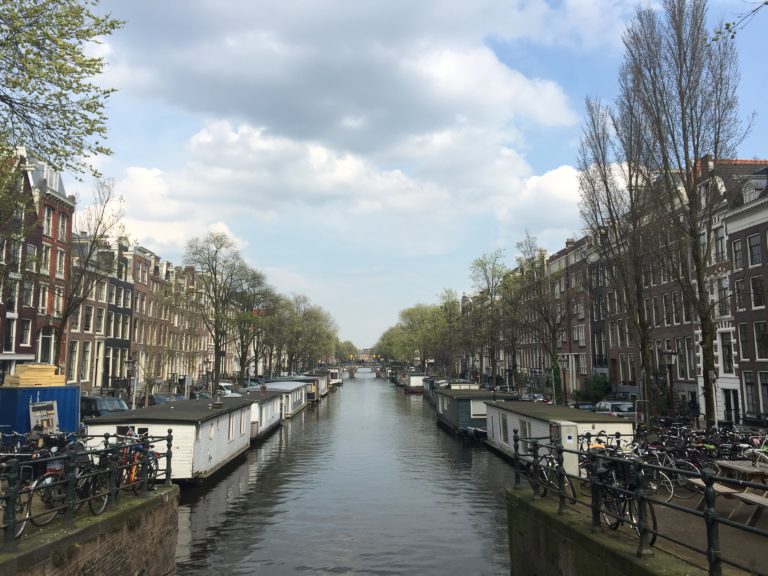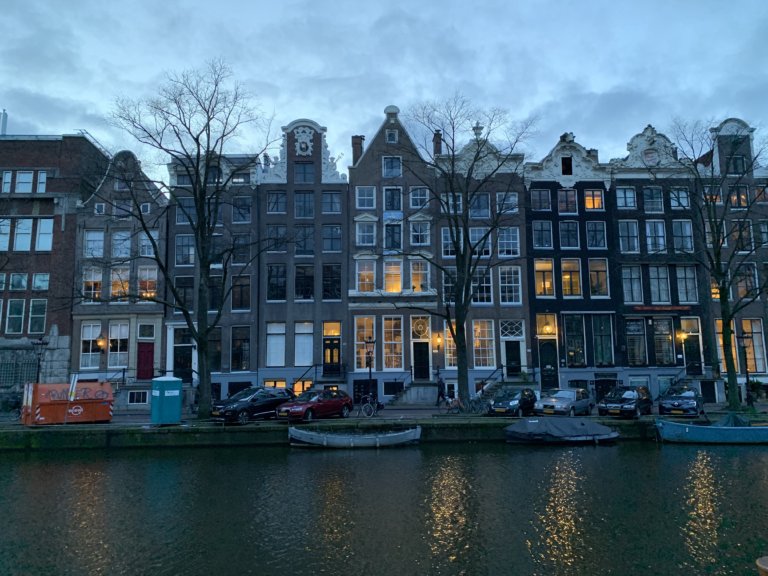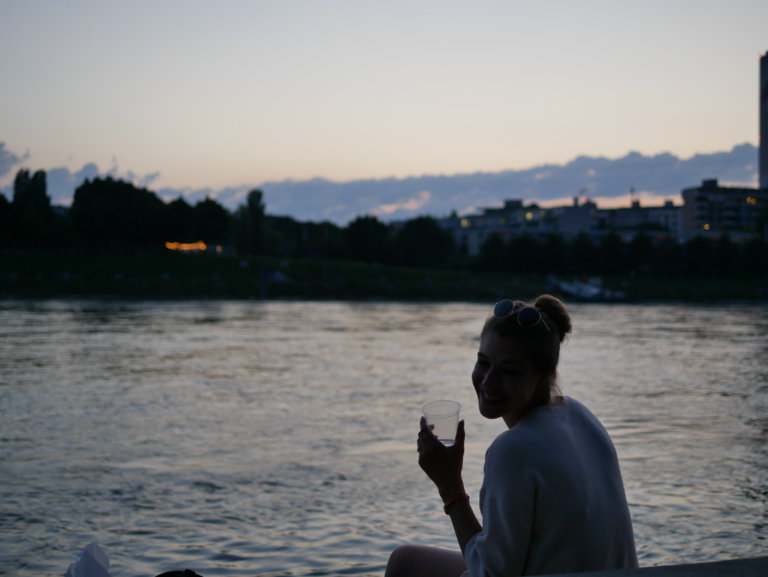What Czechia Means to Me
The Geography of Home
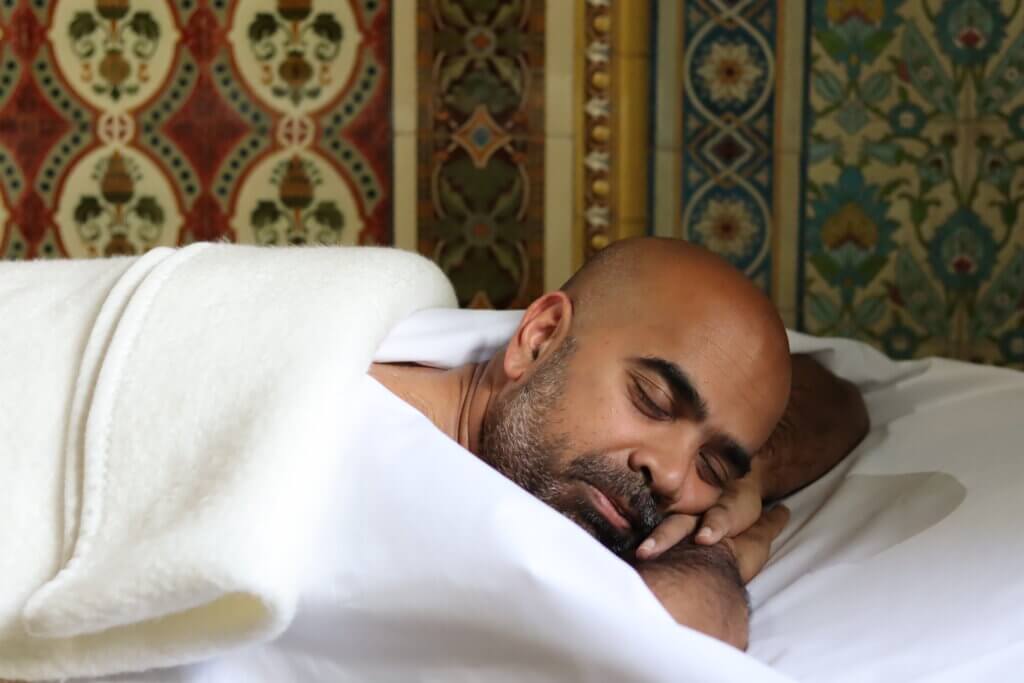
Feeling at home getting a Co2 treatment at the Royal Spa room, Nove Lazne hotel, Marianske Lazne
The concept of identity and what home means is something I have explored extensively on the blog over the years. Born in England, raised in India, educated in Scotland, and having spent the last sixteen years traveling without a fixed address, I’ve come to understand that home is less a place on a map and more a constellation of memories, sensations, and fleeting moments that anchor us to the world.
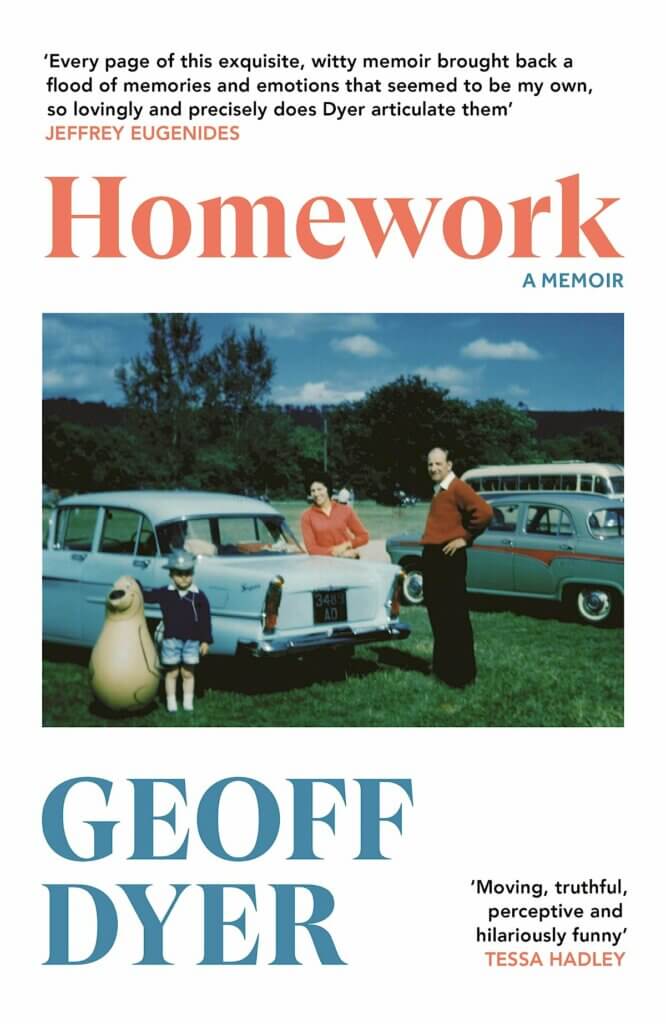
It is one of the reasons why I am constantly drawn to the writing of Geoff Dyer whose work often challenges the idea of a fixed identity, suggesting that a sense of home is not always tied to a physical location. Having travelled extensively like me, in his writings he has explored the feeling of being “peripheral” to one’s own home. For me, home lives in the mundane and the portable: my toothbrush, my eight-year-old Sony headphones held together with hope and electrical tape, my bag of Indian spices that transforms any kitchen into a temporary sanctuary where I can conjure the ghost of my father’s curry. Home arrives without notice, in a flash of afternoon sunlight that triggers a deeply buried childhood memory, in a dark night sky glistening with full moon and a sky full of stars or in a Beatles song that transports me to a world that seemed filled with more love and less pain.
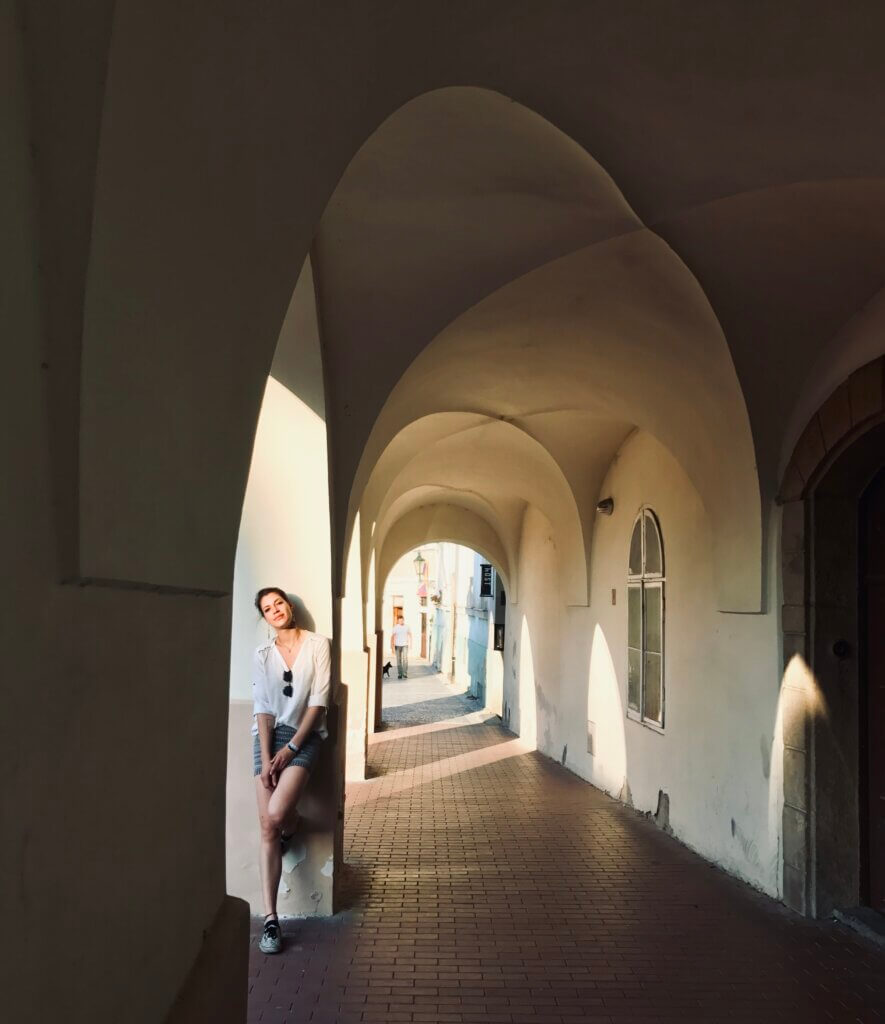
Once upon a time in Prague- Sabrina, June 2017.
My love affair with Czechia started one fine summer back in 2017 when I had just started dating Sabrina, my fiancée and partner in crime for 8 years. I had planned a secret getaway in Prague which was just a 4 hour train ride from Berlin. The magic of Czechia starts with the Czech Railways train journey itself. We weaved our way along the bends and curves of the Elbe, accompanied by the surreal beauty of the century old sandstone formations of Saxon Switzerland in the background. Then you discover there is one of the most beautiful dining cars you will find in a train that feels like you’re on the Orient Express. We are informed that we can get beer on draft and not just any ordinary beer, quite possibly the most heavenly beer that I have ever tasted. Yes, that’s you, Pilsner Urquell. I guess that set the tone for the trip and our love affair with Czechia. It was July but it was one of those rare weekends that summer when the weather was beautiful, the golden light of Prague, you are in love with someone amazing and everything I saw or touched, felt like magic. That memory with the beer, the fairytale landscape of Prague fused into my DNA something deep and profound about the city and the country.
Since that sun drenched, beer soaked, love filled weekend, I’ve returned to the Czech Republic every summer without fail. My curiosity hasn’t waned; it’s deepened. From Bohemia to Ostrava to Moravia, I’ve explored this country layer by layer, and with each visit, my appreciation grows, not just for the obvious beauty, but for the everyday minutiae of life here. What if home was not a place but a feeling of acceptance, of liberation?
Finding freedom
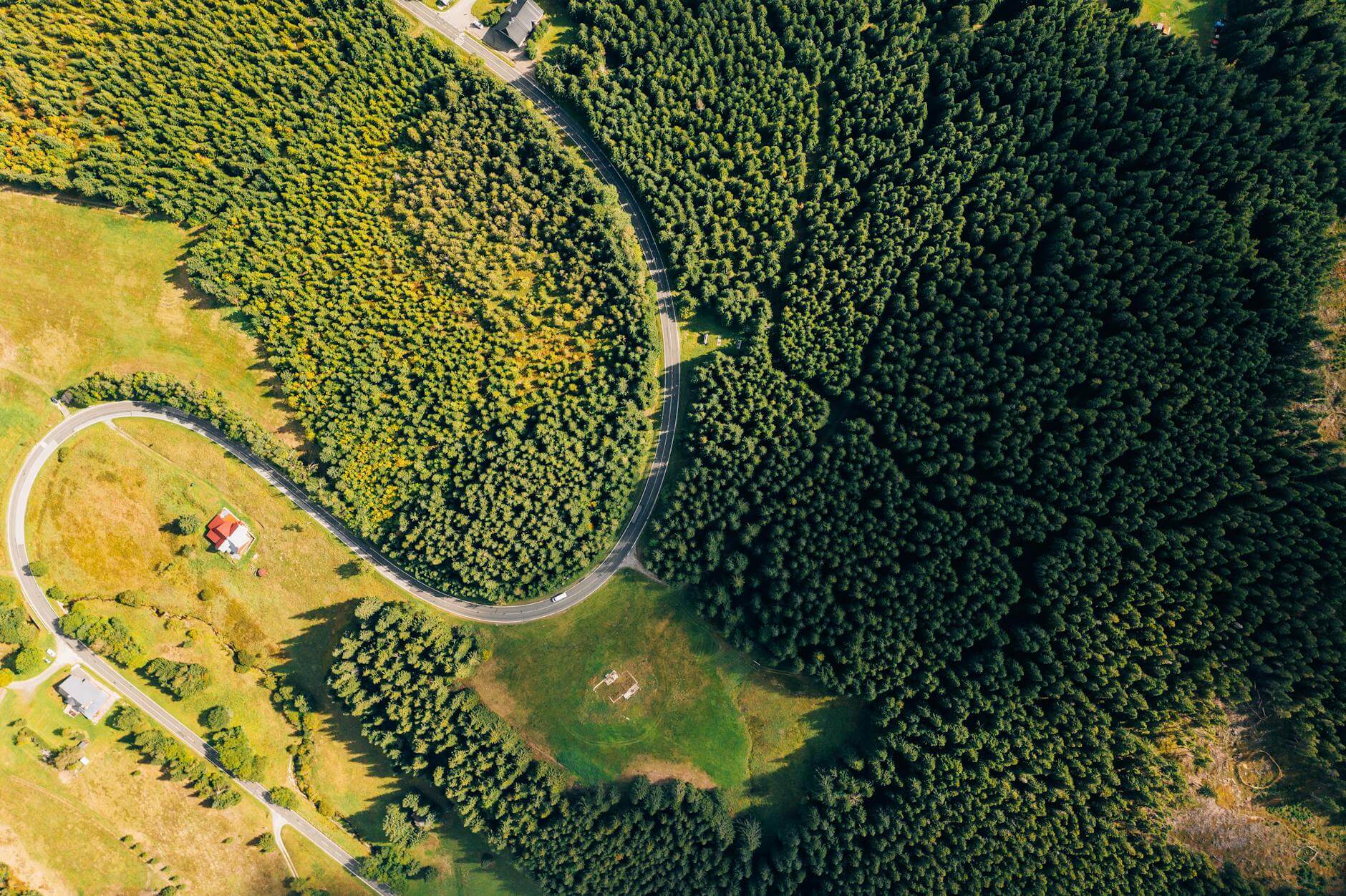
“Czech Republic for me, in one word, it’s freedom,” Marc de Duca, the Lonely Planet author of Czech Republic. Marc, who has made Czechia his home for the past 25 years, speaks with the conviction of someone who has found what they were looking for.
“It’s the freedom to roam, to hike, to camp, to explore, to feel back in nature where people belong. For me it’s the biggest asset that the country has and it just sort of chimes with me in a way. It feeds me.”
What strikes and chimes with me most is Marc’s emphasis on accessibility. “It’s not so much that this country has a lot of outdoors,” he explains, “but they’re just so accessible. You can literally walk out of any town and you’re in the forest like here and that’s really what kept me here.”
In a dogmatic world of travel and overtourism, there’s something liberating about a country where you can simply walk into the wilderness without permits, without queues, without feeling like you’re one of a thousand tourists following a prescribed path. The freedom to be anonymous, to be ordinary, to simply exist. This resonates with me deeply. After years of visiting Paris, London, and other major tourist destinations where you spend more time in queues than experiencing the actual city there’s something precious about places that allow you to simply be.
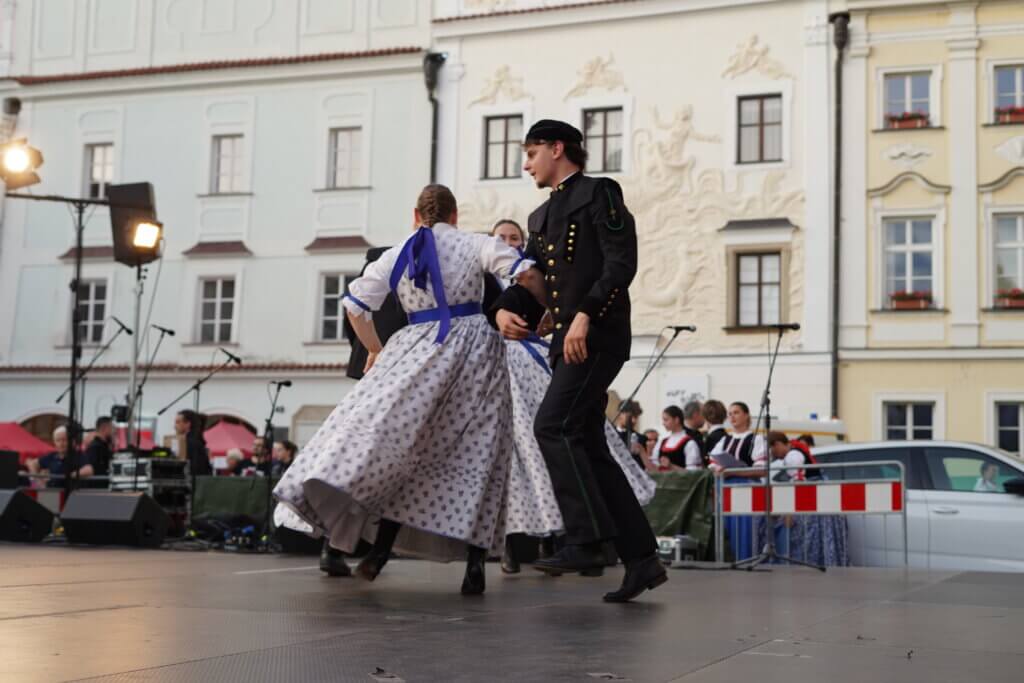
Folklore Festival, June 2025. Pardubice
Just an hour from Prague by train, Pardubice, the Czech Republic’s seventh-largest town, is one of those places. This is a place not built for tourism but for living, which paradoxically makes it perfect for visitors seeking authenticity. You’re not a tourist consuming experiences, you’re simply a stranger in a town with no checklist, free to observe the daily rituals of Czech life unfold around you.
Though Allied bombers damaged much of the city during World War II while targeting a nearby oil refinery, the historic Pernštýn Square survived. Today, it remains a perfectly preserved town square where beautifully maintained period buildings create an architectural harmony that is typical of many of Czech Republic’s grandest city squares. The Pernsteins are long gone, but royalty remains in the form of peacocks that strut across the castle grounds and along the entrance ramparts with majestic entitlement. Pardubice in many ways feels typical of what makes Czechia such a great destination. Prague is the obvious calling card and now the second city, Brno is in the limelight but there’s also so many under the radar destinations that make this such a diverse and wonderful country to visit.
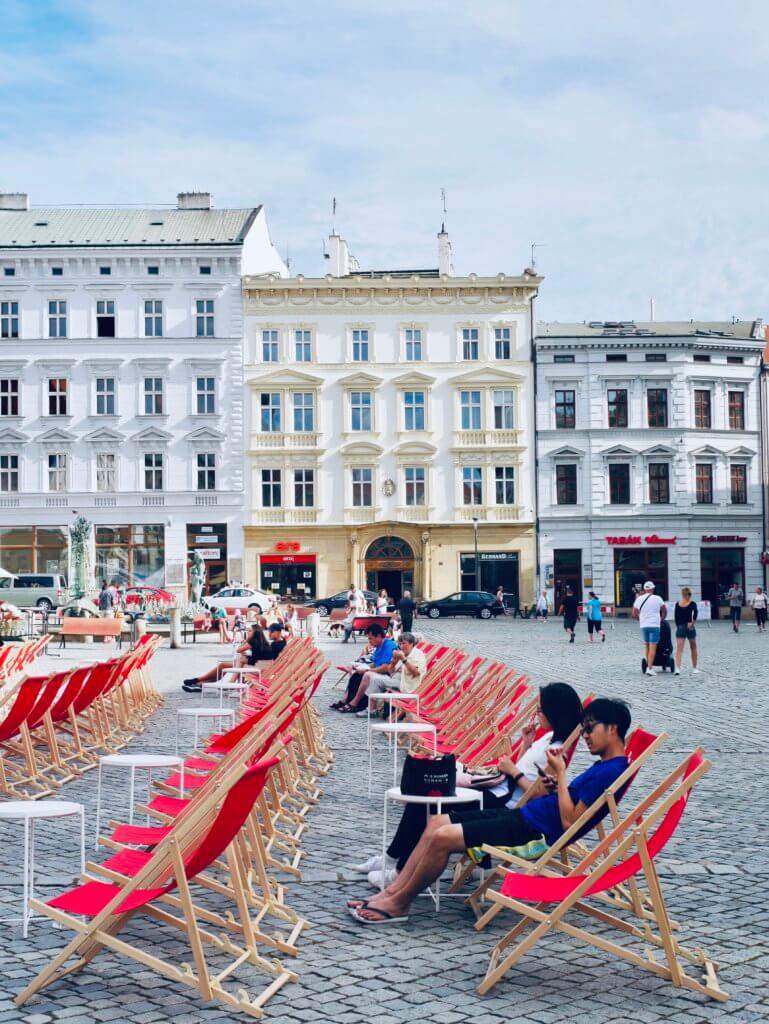
Olomouc, the 6th biggest city, just like Pardubice, is another of those under the radar cities. It is a popular university town so the students give it a cool, edgy vibe and when you contrast that with the baroque architecture, beautiful medieval squares and hip cafes, you again realize that there is so much more to discover in Czech Republic.
Finding beauty in small details and the contradictions
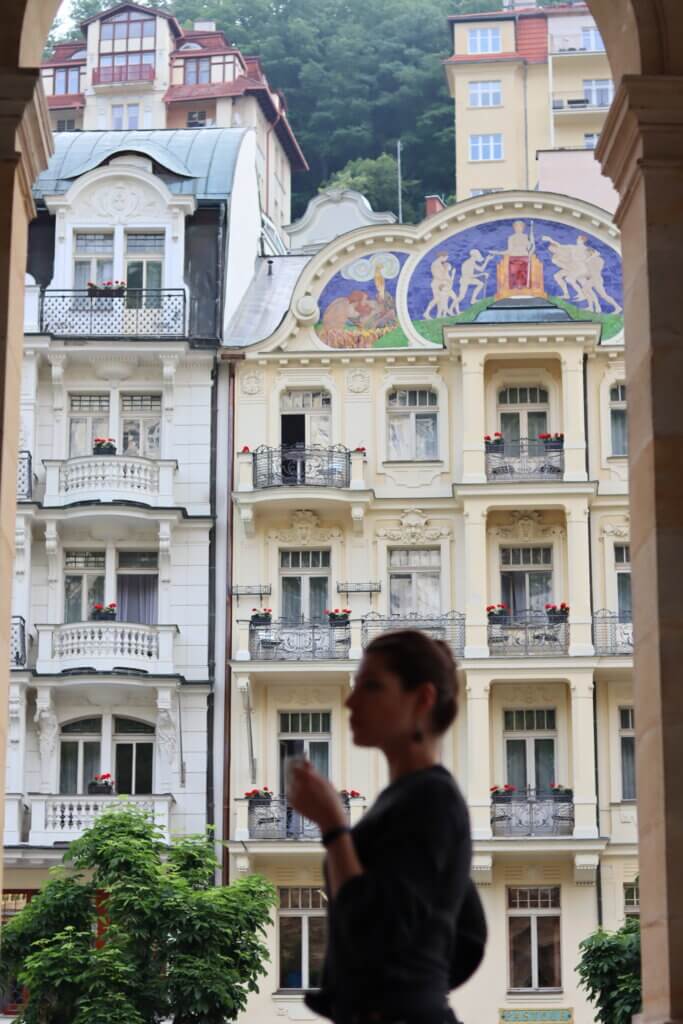
‘The Czech Republic in one word? Probably love,’ says Aleška Čeňková, her eyes lighting up with passion. “And I mean love for beauty, for architecture, for sculptures, for paintings. I feel like I’m proud of many artist people who are from Czech Republic—Alphonse Mucha, Myslbek the sculptor, and many others. They created something which is beautiful and you could feel that it is something from their heart, and the heart is Czech heart, and it means love for me.”
There is an understated joy for the finer things in life in Czech Republic. There is even a phrase they have: Malé ryby taky ryby. “Even small fish are fish.” This is probably a byproduct of living under communism but there is appreciation of the small joy of life. Every victory, big or small, counts.
Whether its music, architecture, nature, gastronomy or the humble gingerbread, there is also joy in the aesthetics and a pleasing symmetry to life here. If Wes Anderson was a country, it could be Czech Republic.
While many people will associate the beautiful town of Görlitz with the movie, The Grand Budapest Hotel, what many people don’t know is that the actual hotel was inspired by the Hotel Imperial, which is located in the colorful spa town of Karlovy Vary in the Czech Republic. Karlovy Vary is one of those classic nostalgic spa towns where you can feel the immense weight of history. Wherever you look, there is grand spa architecture and perfectly manicured streets once graced by Beethoven, Mozart, Goethe, and Kafka, who all came here, attracted by the town’s famed healing spring waters.
Beyond the healing mineral springs, there is plenty to keep the curious tourist busy but there are some curious surprises here. There is a chance to visit the famed Bohemian crystal glass manufacturer Moser, plus there is also Becherovka, the beloved national spirit that was invented here. There is of course the healing water that you can taste from the 18 odd hot springs that exist here but then you have these legendary tasty wafers, an interesting counterpoint to all that healing, sulfurous water. Then to contrast all the grand architecture you have the Brutalist architecture of the iconic Thermal Hotel complex, designed by Věra and Vladimír Machonin and completed in 1977 that has served as the venue for one of the most famous film festivals in the world, the Karlovy Vary International Film Festival.
Karlovy Vary embodies the wonderful contradictions that define Czech Republic—a spa town that is both healing and hedonistic, where Brutalist architecture stands proudly beside Art Nouveau without conflict, where you can honor tradition while embracing the avant-garde.
What Czechia means to me
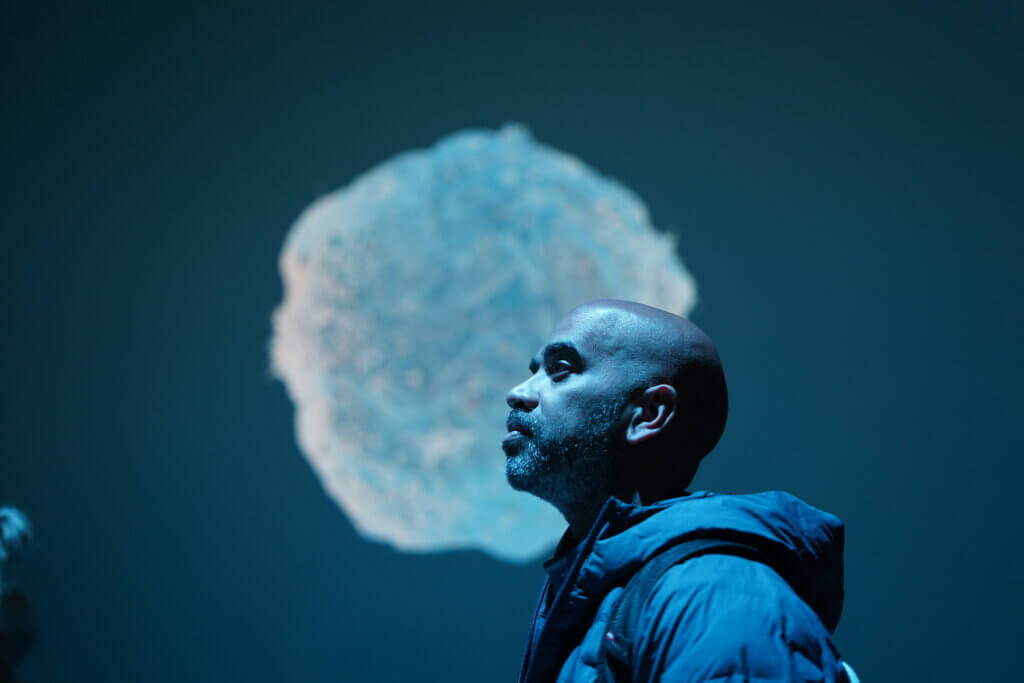
After many summers of visiting Czech Republic, it is hard to summarise what this country means to me.
When I think of Czechia and close my eyes, I remember my first trip to South Moravia, standing in the intense June sunshine in middle of a beautiful vineyard surrounded by limestone hills with winemaker Dominika Černohorská aka Plenér. From her signature egg shaped green bottle she pours a generous splash of her Cuvée Leonard wine. Drinking her wine, at the source in her company, in this fairytale landscape, it felt rather special but also I felt a sense of escapism, of freedomThis is a country where nature is accessible and anonymous, where you can walk out of any town and find yourself in a forest, alone with your thoughts and the sound of wind through leaves.
Czechia also means love to me, the kind Aleshka spoke of, a love that blossomed one fine summers weekend in July 2017 and continues to grow with subsequent visits, a love that grew from many memorable meals and glasses of wine and jugs of beer, from finding joy in the daily rituals of life that you can experience in Pardubice and Olomouc.
But perhaps most importantly, for me, Czechia means possibility, the possibility of finding home in a place you weren’t born, of being welcomed as yourself rather than as a tourist, of discovering that identity isn’t fixed but fluid, and that sometimes a sense of belonging comes not from where you started but from where you keep returning.
